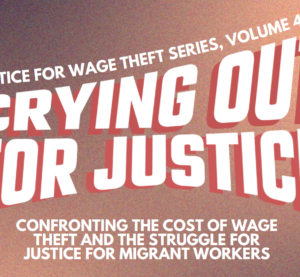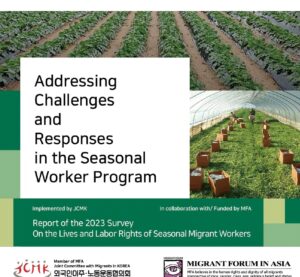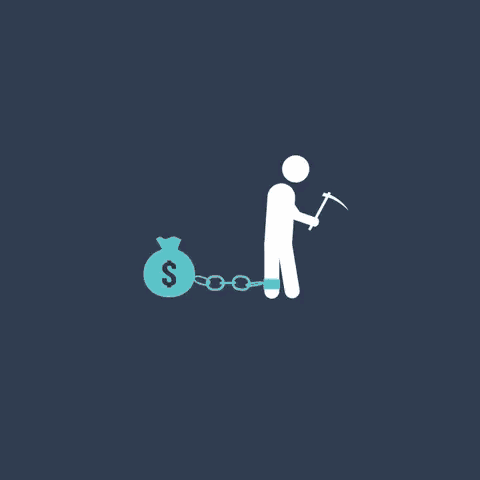International Day for Universal Access to Information – Migrant Women Forum’s Statement
— September 28, 2021“Everyone has the right to freedom of opinion and expression; this right includes freedom to hold opinions without interference and to seek, receive and impart information and ideas through any media and regardless of frontiers.”
– Article 19 of the Universal Declaration on Human Rights
Today marks the 6th anniversary of the International Day for Universal Access to Information (IDUAI), as proclaimed by the United Nations Educational, Scientific and Cultural Organization (UNESCO) General Conference in 2015 and adopted by the UN General Assembly in 2019. Article 19 of the Universal Declaration on Human Rights states that people have the right to seek, receive, and impart information and ideas.
Sustainable Development Goal (SDG) Indicator 16.10.2 calls strongly for the increase the number of countries that adopt and implement constitutional, statutory and/or policy guarantees for public access to information. The Global Compact for Safe, Orderly, and Regular Migration (GCM) Objective 3 calls to provide accurate and timely information at all stages of migration. Both the SDGs 16.10.2 and GCM Objective 3 necessitate a stronger commitment to access to information.
While access to information is an inherent right, Migrant Women Forum (MWF) recognises that many States do not give adequate access. It is impeded in different aspects and in different stages of migration.
Government efforts in disseminating information up to the most remote and rural areas is a must. Potential migrant workers, mostly women, in these communities are plunged into dubious processes of recruitment unknowingly being put into precarious and vulnerable situations. The community is where the migrant journey starts, and it is crucial for people to be aware of it right from the start.
MWF has, in its work, found that full and proper/ accurate information is denied and inaccessible in what can be a perilous migration journey. Documents including contracts are not fully clear nor fully explained to them during pre-departure stage.
In the countries of destination and during employment, means of communication are constrained and taken away. If it is allowed, it is always a struggle to make use of it largely because of the extreme working hours of migrant workers. They work well beyond the 8-hour work shift and rarely have any days off.
Repatriation and reintegration programmes are often not utilised as mechanisms of operationalising it is not there. Many people fall into the circular (labour) migration because there is very little information on opportunities to earn a living back home, of which they are bound to go out.
Information is expensive especially for migrant domestic workers who are barred from the outside world. They are stuck in their workplace with limited mobility and access to technology. The myth that access to technology is pervasive, proves to be unfounded as they are often not given the right to possess and use mobile smartphones and other forms of technology.
We have seen across our network that migrant workers are not informed in a timely manner regarding the erratic COVID-19 policies and programmes by governments and the private sector. During the pandemic, many have suffered physical and mental stress, and are not getting information on how and where to seek help. This is especially true to women who are subjected to the multiple burden of having to provide livelihood to their families in addition to the stereotypical role of giving child and elderly care.
Migrant workers have remained outside the field when it comes to their participation in electoral processes. They are denied access to information on this and are often left in the dark only to belatedly come to know of the results and have to face its impacts. This impedes their civil and political rights. In a vastly male-dominated arena, women still need to break the glass ceiling in different platforms of leadership and suffrage rights.
Migrant children and children left behind are denied access to information with the lack of access to education due to the on-going COVID-19 pandemic. Many do not have the technology nor the infrastructure to distance- or online-learning methods.
On this 6th anniversary, MWF calls for:
- All governments and the private sector to respect, protect, and to promote the rights of migrant workers in the workplace. Information on access to services and access to justice mechanisms must be expedited, accessible, affordable, and efficient.
- Countries of origin and destination to recognise and make known, across different aspects, the migrants’ contribution which goes beyond economic aspect.
- Information on all programmes and projects on reintegration particularly on sustainable livelihood should be made available and accessible.
- All policies and programmes should be gender-responsive and child-sensitive. Participation of women is a must in design and implementation of such policies and programmes for them.
Women migrant workers are not commodities generating wealth to stabilise the economy. They must be honoured for their courage, their bravery, and their valour. These women make the difficult decision to leave behind their home in pursuit of better opportunities for themselves, for their families, and for their communities. Despite the huge sacrifices taken and the extreme struggles that they experience throughout their migration journey, women migrant workers continue to rise above the disadvantages that confront them. It is in their empowerment that they can truly withstand their path as a migrant. In giving them access to information, women migrant workers are empowered with the knowledge that will allow them to realise the full benefits of migration as well as their right as a woman and as a migrant.



